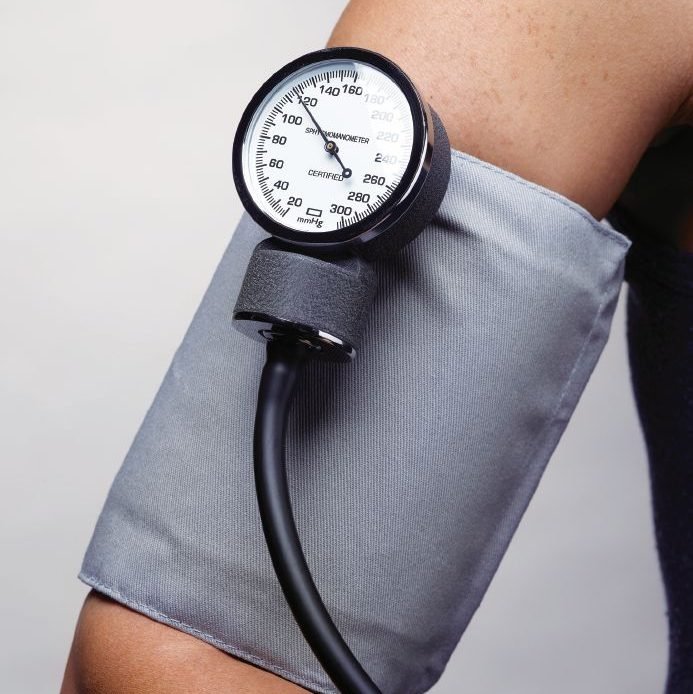modification initiatives,” as described by Nate Rickles, professor of pharmacy practice and associate dean of admissions and students at the University of Connecticut School of Pharmacy. According to the New England Journal of Medicine, the death rate from coronary heart disease halved between 1980 and 2000. Around 44% of the decline was caused by lifestyle changes such as increased physical activity, quitting smoking and lowering cholesterol and blood pressure. Women enrolled in WISEWOMAN have access to various free lifestyle coaching services such as nutritionists, pharmacists, self-monitored blood pressure and diabetes prevention programs, according to its website. In addition, some services help build community among clients by offering healthy cooking classes, gym memberships, Zumba classes and community gardens.UCONN School of Pharmacy began partnering with WISEWOMAN in 2017 to create a network of local pharmacists trained in medication therapy management to increase medication education, Rickles said. He explained that WISEWOMAN participants meet with a pharmacist three times over 90 days about proper medication usage, such as examining the interactions between a patient’s drugs. He added that all participants leave the therapy session with action plans to help them on their health journey. Although they are still gathering findings, Rickles said that early data show increased medication education and adherence among clients who underwent medication therapy management. “We’re trying to reduce disparities related to health literacy and medication information. So that’s why we think that [medication therapy management] has a real important role in reducing the disparities in the inequities in health care.”Colorectal and comprehensive careAccording to its website, the Connecticut Colorectal Cancer Program aims to increase colorectal cancer screening rates among residents aged 45-75. In addition, DPH covers the follow-up diagnostic colonoscopies for positive tests, so it’s at no cost to the patient. Lastly, the Comprehensive Cancer Control Program focuses on collaborating with community partners to raise cancer awareness and prevention, improve access to health and social services, and reduce the burden of cancer. ‘Integrated care The healthcare services provided build on each other, said Lillpopp. Since the CEDPP programs are practically interconnected, entering one program may unexpectedly benefit a person’s health in more ways than originally intended. “When you enter into the WISEWOMAN program and you talk about healthy eating, that’s also cancer risk reduction,” he said. “They go hand in nitrate gloves, together with the screening programs. “Lillpopp and Ogazi urged everyone to take advantage of the free programs to save themselves from the emotional and financial grief caused by cancer.As a former paramedic, Lillpopp said he was called to many late-stage cancer situations, which was painful to see. “For me, [CEDPP] is an amazing opportunity to circumvent that type of horrible disease process and to get to people who don’t necessarily have the means and ability or even the understanding to know better about early screening,” he said. “It’s not just the cost savings. It’s the emotional savings that these folks are getting, even if they don’t know it.”
This article was originally published by My Record Journal.



